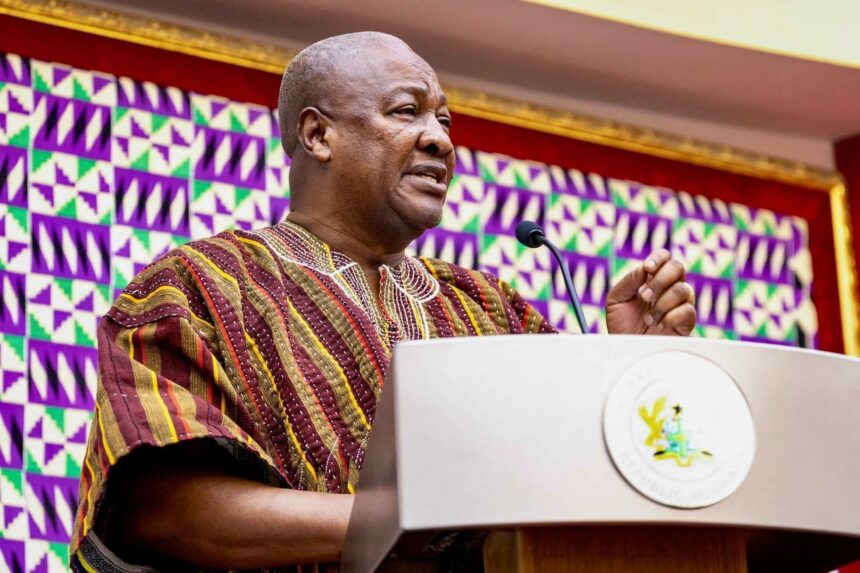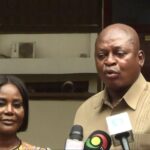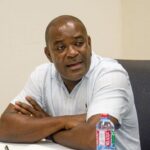President John Dramani Mahama’s first State of the Nation Address (SONA) in 2025 was a defining moment for his administration, laying out an ambitious roadmap to revitalize Ghana’s economy and address pressing social issues. With themes of economic rejuvenation, fiscal responsibility, and infrastructural development, the address painted a vision of transformation. While some hailed the speech as a master plan for growth, others criticized it for being heavy on promises but light on immediate solutions.
Economic Revival and Fiscal Responsibility
At the heart of President Mahama’s address was a commitment to steering Ghana’s economy toward stability and prosperity. Drawing from his past experience in resolving Ghana’s energy crisis, he pledged to restore economic confidence through strategic policies. Among the key initiatives was the expansion of the tax base and the reform of investment-related tax waivers to enhance revenue generation.
A major highlight was the introduction of the “24-Hour Economy” initiative, aimed at boosting productivity and job creation. Additionally, the $10 billion “Big Push” infrastructure policy is set to drive large-scale development, enhancing the country’s transport, energy, and digital infrastructure. These policies signal an aggressive approach to economic transformation, though their implementation will be crucial to their success.
Agriculture and Food Security
Recognizing agriculture as a pillar of Ghana’s economy, Mahama introduced the “Agriculture for Economic Transformation Agenda,” which seeks to modernize farming practices and expand agribusiness opportunities. A particularly striking initiative is the “Nkoko Nkitinkiti” project, designed to support 55,000 households in poultry farming. This move aims to significantly reduce Ghana’s $300 million annual poultry import bill, promoting self-sufficiency in food production.
Energy Sector Reforms
Ghana’s power sector has long been a concern for businesses and households alike. In response, President Mahama emphasized the need for urgent reform. He announced a directive for the Minister for Energy and Green Transitions to implement a unified revenue collection system to combat inefficiencies and revenue losses. The successful pilot program between the Electricity Company of Ghana (ECG) and Enclave Power Limited was cited as a model for improving service delivery and financial sustainability in the sector.
Youth Development and National Service Reform
One of the more unexpected yet impactful announcements was the introduction of short-term military training as part of the National Service Scheme. This initiative is expected to instill discipline and physical endurance among young Ghanaians, preparing them for national challenges while fostering patriotism and resilience.
Transparency in Sports Administration
Corruption and mismanagement have plagued Ghana’s sports sector for years. In a bid to restore confidence, Mahama mandated that all budgets submitted by the Ghana Football Association (GFA) and other sports governing bodies be made public. This move aims to ensure that taxpayer funds are allocated and utilized responsibly, fostering greater accountability.
Expanding Educational Infrastructure
With the increasing demand for tertiary education, especially in newly created regions, Mahama announced plans to establish new public universities. This initiative is expected to address the overcrowding in existing institutions and improve access to higher education. The initial funding for these projects will come from the Ghana Education Trust Fund, ensuring a structured approach to expanding Ghana’s educational landscape.
Opposition and Public Reactions
Despite the ambitious nature of Mahama’s address, opposition figures were quick to criticize it. Deputy Minority Leader Patricia Appiagyei described the speech as lacking tangible solutions and failing to address immediate concerns such as lawlessness, job losses, and national security issues. According to her, the address was filled with lamentations rather than clear-cut policies to tackle Ghana’s current challenges.
The Road Ahead
President Mahama’s SONA provides a broad framework for economic and social transformation, but the real test lies in execution. With bold initiatives spanning taxation, infrastructure, agriculture, energy, and youth development, the administration must ensure that these policies translate into measurable outcomes that directly benefit Ghanaians.
As the nation watches closely, Mahama’s government has a crucial opportunity to not just make promises but to deliver on them. Whether this vision materializes into tangible progress will define his leadership and Ghana’s future trajectory in the coming years.






